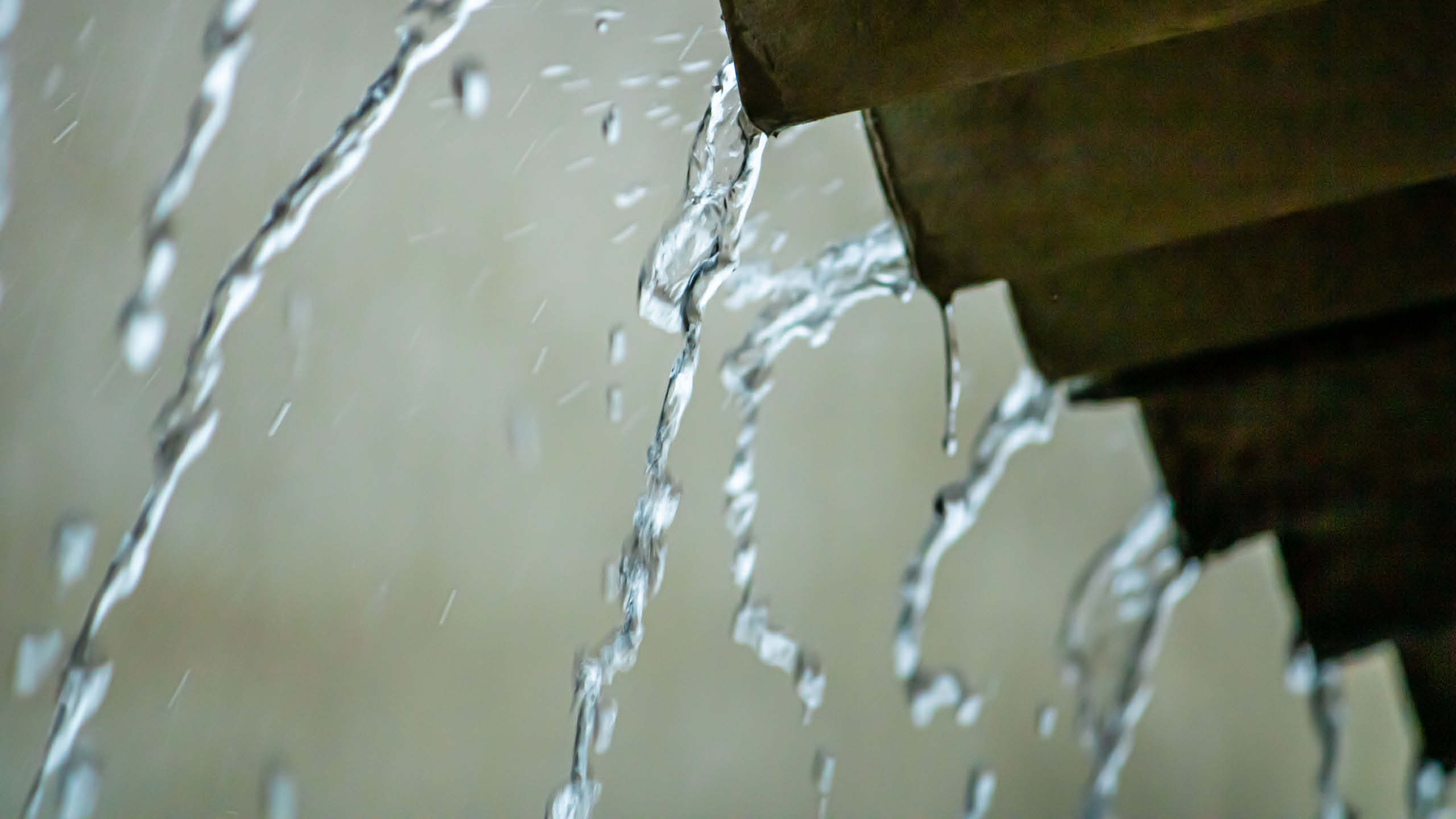
Prepping for El Niño: The Importance of Rainwater Collecting Systems
In a tropical country like ours, water is a precious resource. To avoid wasting this resource, rainwater collection–a thousand-year-old and self-sufficient way of collecting and conserving water has been used for the longest time, as early as the Neolithic period. It is usually used as non-potable water and is used for irrigation, cleaning, and sometimes just washing toilets. It’s a soci-environmentally responsible act that other countries like Australia have started implementing. Japan meanwhile has implemented this system for years now, calling it “Rojison” and using the rainwater collected from the roof of private homes to use as drinking water, garden watering, and fire emergencies. From simple rain barrels to a rainwater system installed by professionals, there are many ways to implement this system.
Related read: Designed for The Free Spirit By The Free Spirit
Why are rainwater collecting systems good as sustainable practices
This self-sufficient way of collecting water has many benefits.
- Reduces stormwater runoff. This means that by collecting rainwater falling on streets, parking areas, roofs or other developed lands, one can help reduce a storm’s peakflow volume and speed in the local creeks and rivers. This would mean less streambank erosion and less flooding.
- Economic benefits. Lower energy use, lower energy bills. By collecting rainwater, one can use faucet water less for chores like gardening, carwashing, composting, and even filter this water and use it for fountains or other decorative water features in the house.
- Extra fire protection. With a rainwater catchment system attached to a large water storage tank, the household can have extra fire protection in the situation a fire arises.
- Helps save water and energy within the community. Treating and pumping water actually requires a lot of energy. By using less of this water and replacing it with water from rain catchment systems, communities will be able to meet the standards of water and energy efficiency ratings and reduce the water service cost to a municipality.
Collecting rainwater is a great and smart way to save on water and energy bills as long as the right filtration practices are done. These include using systems like using activated carbon filters which make use of carbon or charcoal to filter particles, sediments, chlorine taste, and odor, and reduce common chemicals like gasoline compounds. Or an ultraviolet purification system that uses ultraviolet light by deactivating harmful bacteria and viruses without using chemicals. Though some people might think that using rainwater for their daily needs sounds like an unhygienic practice, it’s actually a great, sustainable way of living and can be done for fulfilling other chores.


